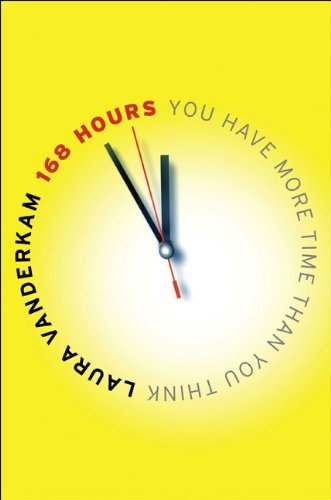What do you think?
Rate this book


272 pages, Hardcover
First published May 26, 2010
This is what happens when you treat your 168 hours as a blank slate. This is what happens when you fill them up only with things that deserve to be there. You build a life where you really can have it all.
“There is time for anything that matters”